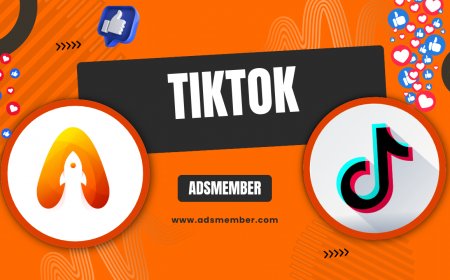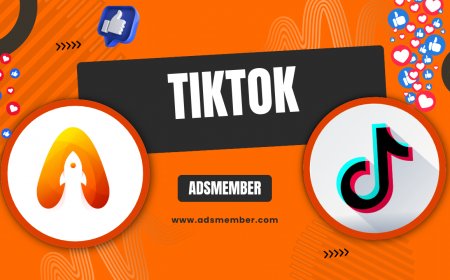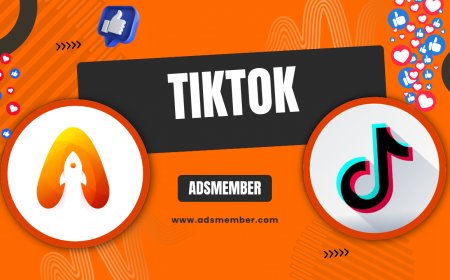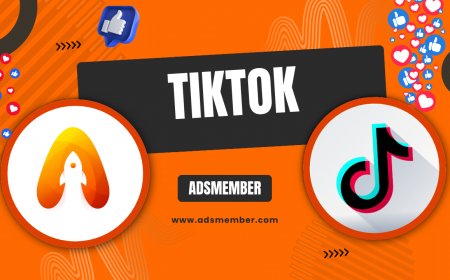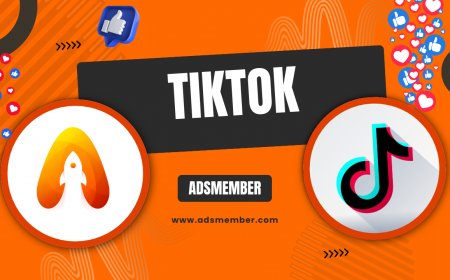Is Discord Safe? Unpacking Security for Users in 2023
Wondering, 'Is Discord safe?' Explore its security features, privacy risks, and tips to protect yourself on this popular chat platform in 2023.
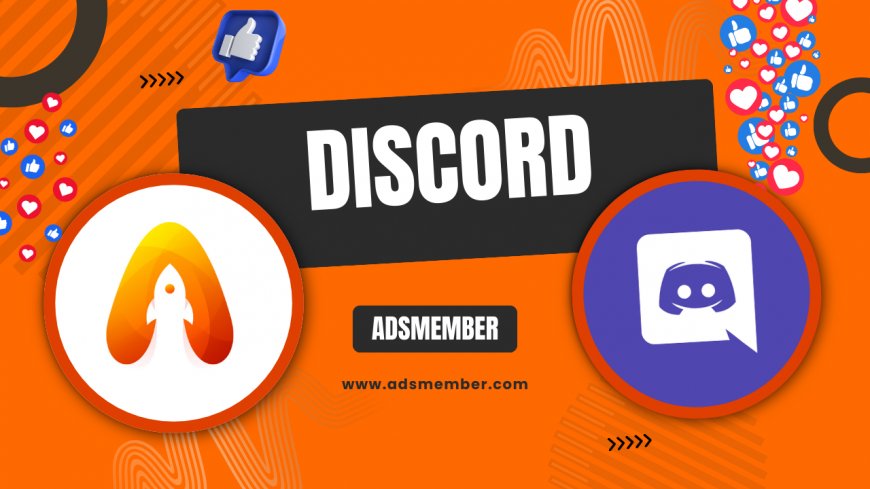
Hey there! If you’ve ever asked yourself, 'Is Discord safe?' you’re not alone. With over 150 million monthly active users as of 2023 (according to Statista), Discord has become a go-to platform for gamers, communities, and even professionals. But with its massive popularity, concerns about privacy, security, and data protection naturally arise. Honestly, I’ve had my own doubts while using it for gaming chats. In this deep dive, we’ll unpack Discord’s safety features, potential risks, and actionable steps to keep your account secure. Let’s get started!
Understanding Discord’s Security Features
Discord offers several built-in tools to protect users, which is reassuring. For starters, they use end-to-end encryption for voice chats in some cases, though text messages aren’t fully encrypted. They’ve also got two-factor authentication (2FA), a must-have in my opinion, to prevent unauthorized access. But how robust are these features really?
Encryption and Data Protection
Discord uses TLS (Transport Layer Security) to secure data in transit, meaning your messages are protected while being sent. However, unlike apps like Signal, Discord doesn’t encrypt messages on their servers. This means they can access your chats if needed (or if legally required). I find this a bit unsettling, especially for private conversations. If privacy is your top concern, you might want to think twice before sharing sensitive info on Discord.
Two-Factor Authentication (2FA)
Enabling 2FA is a game-changer. It adds an extra layer of security by requiring a code from your phone or authenticator app to log in. I’ve been using it for years, and it’s saved me from potential hacks. Discord makes it easy to set up via their security settings—definitely worth the two minutes it takes.
Potential Risks on Discord: What to Watch For
While Discord has solid features, it’s not without risks. From phishing scams to data leaks, there are pitfalls that even savvy users can fall into. In my experience moderating a small server, I’ve seen firsthand how quickly things can spiral if you’re not careful. Let’s break down the biggest threats.
Phishing and Malware Scams
Scammers often send fake links in DMs, tricking users into giving away login details or downloading malware. According to a 2022 report by Kaspersky, Discord was among the top platforms targeted for phishing attacks. I’ve seen friends fall for these—always double-check URLs before clicking, folks!
Data Privacy Concerns
Discord collects a lot of data, including your IP address, messages, and usage patterns. Their privacy policy states they may share this with third parties under certain conditions. Honestly, this makes me uneasy. If you’re privacy-conscious, consider limiting what you share or exploring alternatives. For more on privacy tools, check out our Privacy Guides.
How to Stay Safe on Discord: Step-by-Step Guide
Feeling overwhelmed? Don’t worry—I’ve got you covered with a practical guide to secure your Discord experience. Follow these steps, and you’ll minimize risks significantly. I’ve tested these myself, and they’ve kept my account safe for years.
- Enable 2FA: Go to User Settings > My Account > Enable Two-Factor Auth. Download an app like Google Authenticator for codes.
- Adjust Privacy Settings: In User Settings > Privacy & Safety, disable 'Allow direct messages from server members' to avoid spam.
- Avoid Suspicious Links: Never click on links in DMs unless you trust the sender 100%.
- Use Strong Passwords: Create a unique password with letters, numbers, and symbols. I use a password manager for this.
- Monitor Server Roles: If you manage a server, limit admin permissions to trusted users only.
Case Study: A Real Discord Security Scare
Back in 2021, a friend’s server with over 5,000 members got hijacked. A scammer posed as a bot developer, gained admin access, and started banning users while posting malicious links. It was chaos! The lesson? Always vet third-party bots and double-check permissions. After this incident, we tightened security by enabling 2FA for mods and using Discord’s built-in bot verification. This real-world example shows why vigilance matters. Curious about server management? See our Discord Tips.
Unique Tip: Use Discord’s Hidden Safety Features
Here’s a gem most users overlook: Discord’s 'Safe Direct Messaging' filter. Found under Privacy & Safety settings, it scans DMs for explicit content and blocks it. I turned this on for my younger sibling’s account, and it’s caught questionable messages multiple times. It’s not foolproof, but it’s a fantastic extra layer, especially for teens. You won’t find this tip in generic guides—trust me, it’s a lifesaver!
Visualizing Discord Safety: An Infographic Idea
Is Discord Safe for Kids?
Parents often ask me if Discord is safe for younger users. My honest take? It can be, but only with strict oversight. Discord’s minimum age is 13, yet there’s no foolproof age verification. Features like content filters help, but risks like exposure to inappropriate content or strangers persist. I’d recommend parents join servers with their kids and monitor activity closely. For more resources, check Common Sense Media.
FAQ: Is Discord Safe to Use?
Yes, Discord is generally safe if you take precautions like enabling 2FA, avoiding suspicious links, and tweaking privacy settings. However, it’s not fully private since messages aren’t end-to-end encrypted on servers. Stay vigilant, and it’s a secure enough platform for casual use.
FAQ: Does Discord Protect My Data?
Partially. Discord uses TLS to secure data in transit, but they store unencrypted messages on their servers and can access them if needed. Their privacy policy also allows data sharing with third parties under specific conditions. If data privacy is critical, consider encrypted alternatives.
FAQ: Can I Get Hacked on Discord?
Yes, if you’re not careful. Phishing scams, fake bots, and weak passwords are common entry points for hackers. Enable 2FA, use strong passwords, and avoid clicking unknown links to drastically reduce the risk of being hacked.
What's Your Reaction?
 Like
0
Like
0
 Dislike
0
Dislike
0
 Love
0
Love
0
 Funny
0
Funny
0
 Angry
0
Angry
0
 Sad
0
Sad
0
 Wow
0
Wow
0










